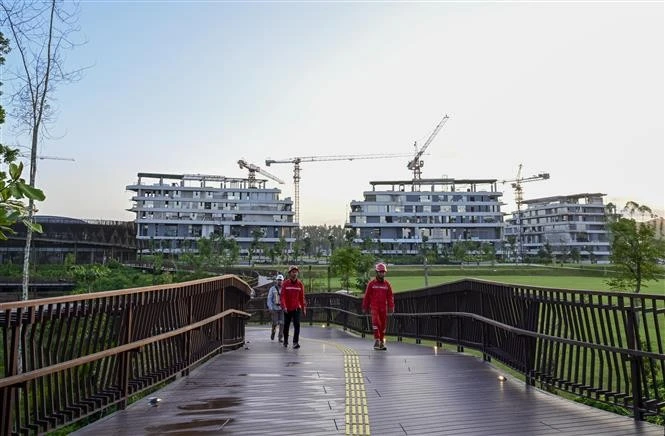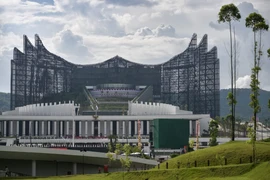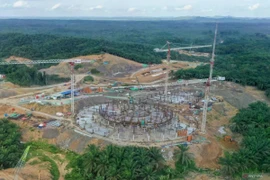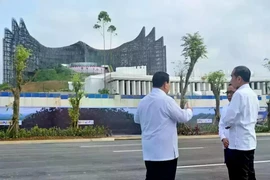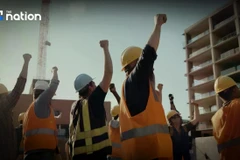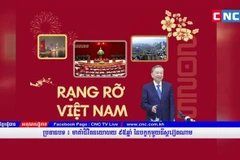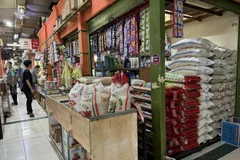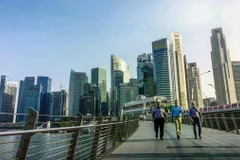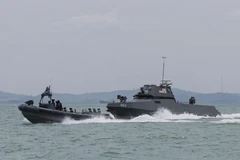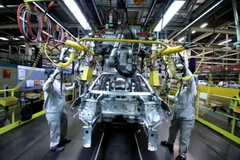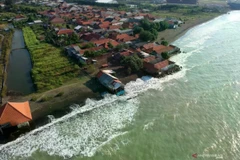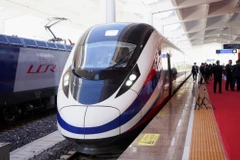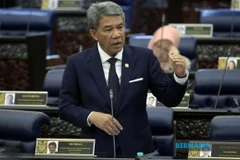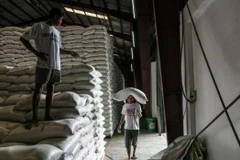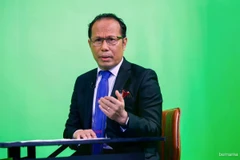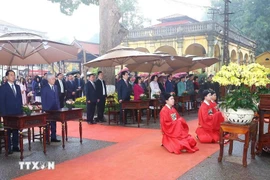Jakarta (VNA) – Indonesia has officially postponed the relocation of civil servants to its new capital city Nusantara due to delays in infrastructure readiness and office space shortages.
The relocation was set to begin in January 2025 after being postponed three times last year.
Indonesian Minister of Administrative and Bureaucratic Reform Rini Widyantini said that there is no new plan for the relocation because of the ongoing delays in the construction of office buildings and housing units for civil servants in Nusantara.
Widyantini explained that organisational adjustments within government ministries, along with changes in the number of ministries and institutions, were complicating the relocation process. The delay was not connected to the government’s recent budget cuts, she noted.
Originally scheduled for completion in August 2024, the relocation was then delayed to September, October, and eventually January 2025. The indefinite delay casts further uncertainty on the project’s timeline.
In addition to logistical delays, Nusantara VVIP Airport (Nusantara International Airport) experienced flooding on January 24, 2025, which raised public concerns.
Lukman F Laisa, Acting Director General of Air Transportation at the Ministry of Transportation, attributed the flooding to heavy rainfall and the unfinished drainage systems in the area.
Meanwhile, the head of the Nusantara Capital City Authority (OIKN), Basuki Hadimuljono, had previously stated that civil servants might begin moving to the new capital in April 2025, following the Eid holiday. However, it remains unclear whether this timeline is still feasible./.
